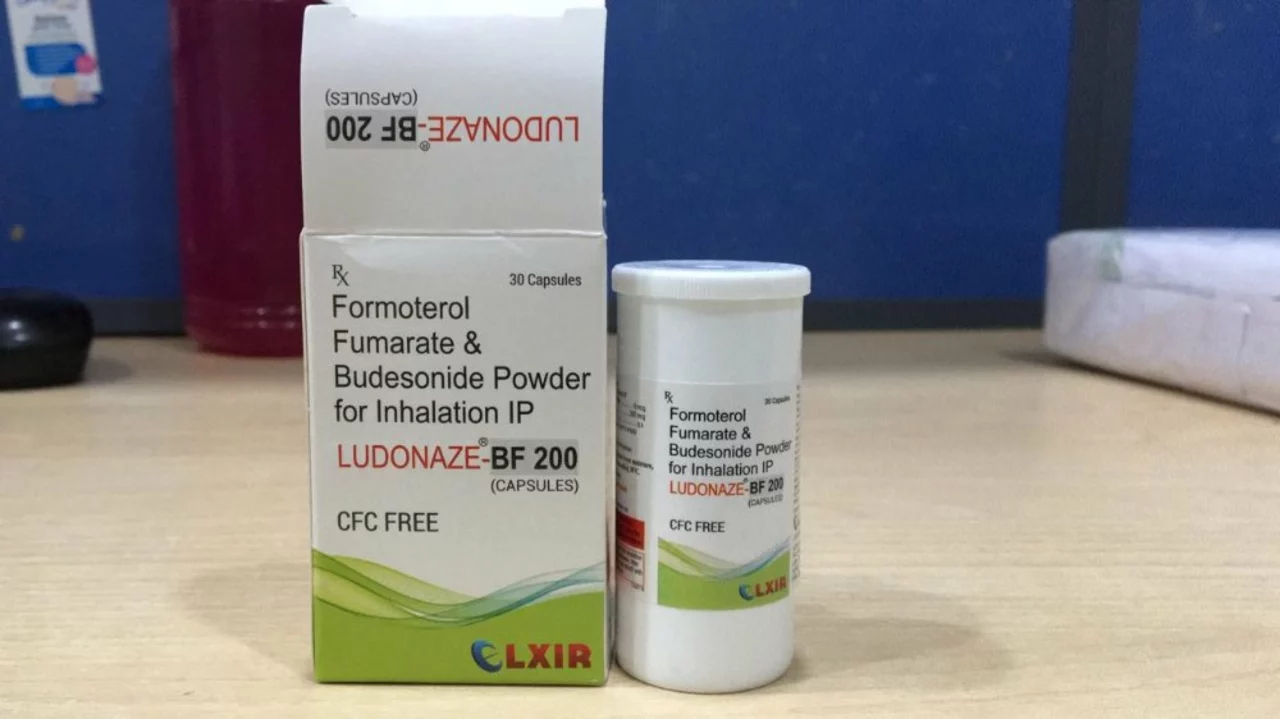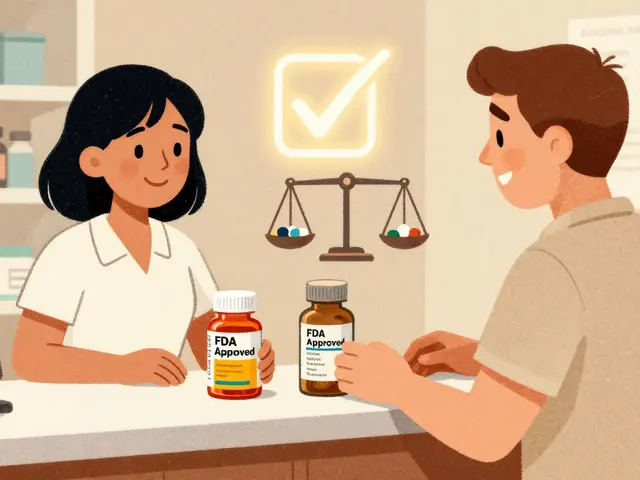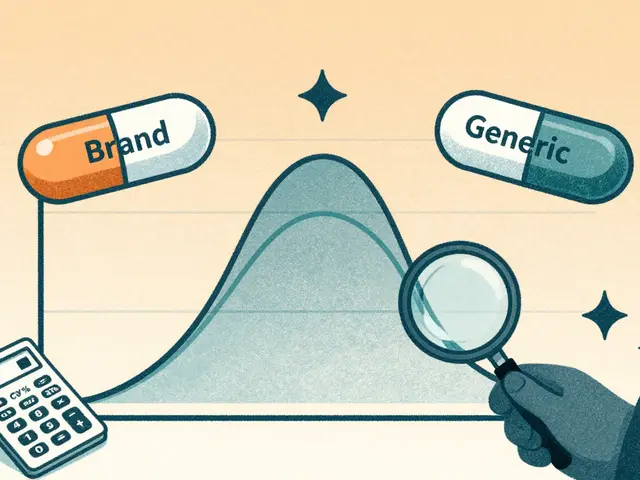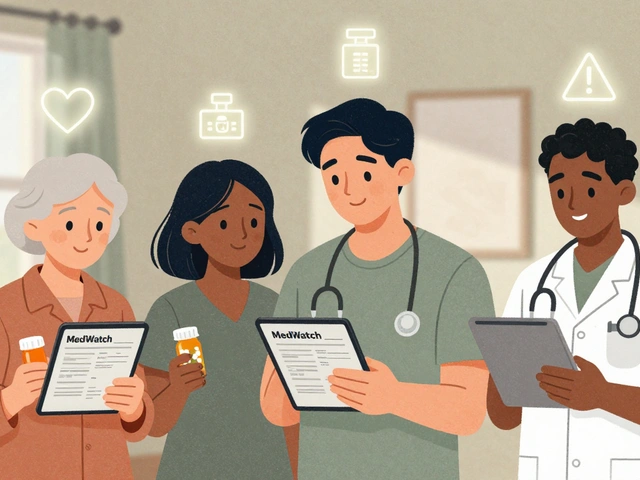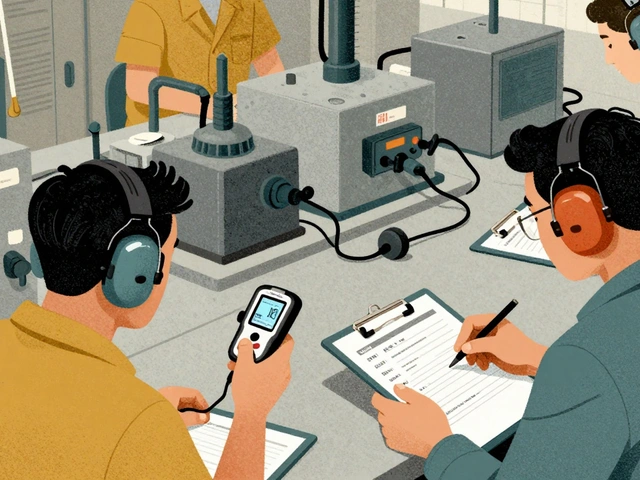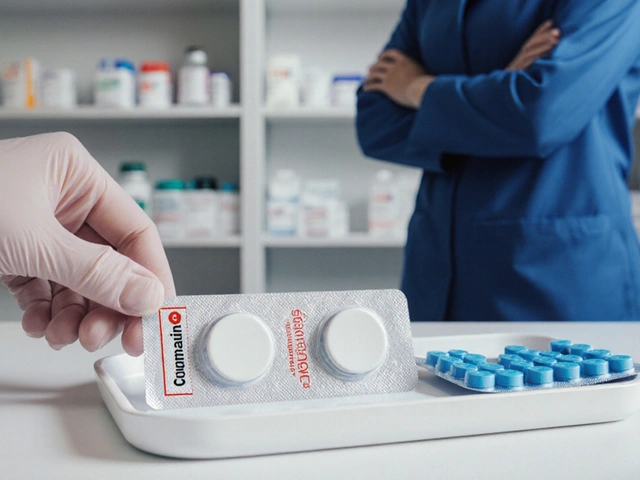Effectiveness: How to judge medications, find alternatives, and buy safely
When you want to know if a medicine works, focus on three things: evidence, real-world results, and safety. Start with reliable sources—clinical trial results, official guidelines, and trusted medical sites. Clinical trials tell you whether a drug did better than a placebo or another treatment under controlled conditions. Guidelines from health authorities show how experts use that evidence in real life. Don’t rely on a single blog post or a sales page.
Real-world results matter because people don’t always match trial conditions. Look for user experiences in forums, but treat them as anecdote, not proof. Better: find observational studies, registry data, or post-market reports that track how patients fare over months or years. Pay attention to who was studied—age, other conditions, and other medicines they took. A drug that helps young adults might not work the same in older patients with multiple conditions.
Compare alternatives smartly
When one drug doesn’t suit you, compare its alternatives by mechanism, dosing, side effects, and evidence. For example, if a statin causes muscle pain, a doctor might suggest a different statin, an alternative lipid-lowering drug, or a non-drug option like diet changes. Ask: does the substitute target the same pathway? Is dosing similar? Are side effects milder or different? Check articles that compare drugs side-by-side and look for dose equivalence tables and real patient outcome data.
Also consider practical factors: cost, how you take the medicine, and monitoring needs. An effective drug that you can’t afford or forget to take won’t help. A once-a-day pill often beats a complex schedule in real life.
Buying medicines online without risking effectiveness
Online pharmacies can save money but pick them carefully. Use sites with clear contact info, licensed pharmacists, and a UK or country-specific registration if that applies. Avoid sellers that skip prescriptions for prescription-only meds, offer suspiciously low prices, or use vague product images. Fake or degraded drugs can lack the active ingredient and fail entirely.
When ordering, keep records: receipts, batch numbers, and photos of packaging. Check the packaging when it arrives—wrong branding, damaged seals, or odd tablets are red flags. If a medicine seems ineffective after proper use, compare batch numbers and report concerns to your pharmacist or health regulator. For complex drugs or narrow therapeutic index medicines, stick to established pharmacies and ask your clinician before switching suppliers.
Finally, measure effectiveness in your life. Track symptoms, side effects, and results like blood pressure, blood sugars, or cholesterol numbers. Small notebooks, phone apps, or simple spreadsheets help you spot trends. Share this data with your clinician—they’ll use it to adjust dose, suggest an alternative, or investigate if the medicine truly isn’t working.
Use the tag pages here to find comparisons, safety checks, and buying guides that help you judge what really works. Read the linked articles, talk with your provider, and make choices that match your daily life—not just the trial results. Ask specific questions: what measurement will we use, when will we re-evaluate in three months, and what counts as a treatment success?
